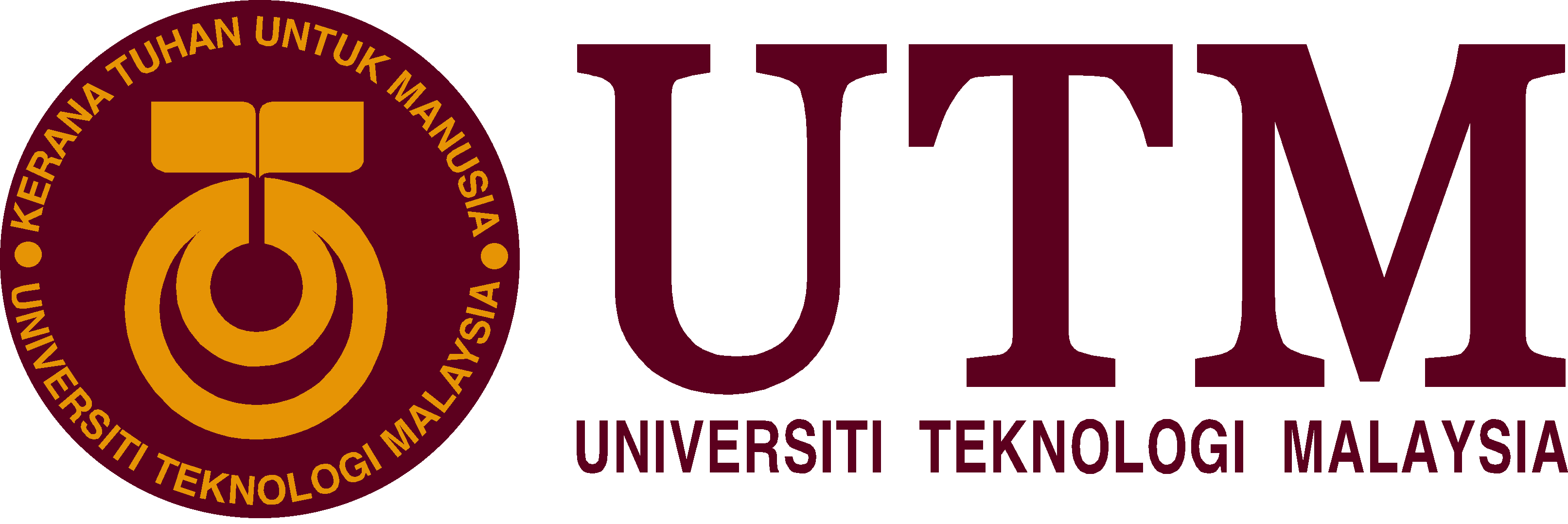Dr. Aminudin Hehsan
Islamic education takes into consideration Islamic scripture and Prophetic statements, along with commonly-held approaches to schooling in Muslim history. It concludes that key motivations and characteristics of a holistic and purposeful education program are shared between Islamic and Western traditions, a phenomenon partially explained by the shared and cumulative transmission of educational values and methods from classical times until the present.
The political, economic, and social effects of globalization are varied, but they certainly are indicative of our attempt as human beings to define and understand our place in the world. As regions and cultures come into contact with one another, it is often difficult for people to recognize parallel ideas, values, and institutions in other societies. It is much easier to understand differences and to imagine that they represent an unbridgeable distance from what is familiar.
Despite trends towards global interdependence, seemingly inexorable differences continue to be underlined among regions and groups through the use of signifiers that create distance. “Islamic” is a term that has been used as one such signifier. In particular, the word has often served as an adjective in everyday speech that neatly partitions off familiar names from normalcy and transforms them into unreachable, alien concepts. Within discourse about Islam and Muslims in the United States and abroad, the term, Islamic, is attached to a wide range of phenomena. Muslims use the term to refer to what relates to Islamic teachings or institutions. Still, Muslims and non-Muslims alike frequently use the adjective, Islamic, to elevate cultural expressions to the position of normative or consummate institutions or practices. Poorly nuanced use of the term Islamic, among public commentators, often fails to make any distinction between that which pertains directly to Islam and its doctrines and actions its adherents perform in the cultural or social realm. Thus terms used to signify Islam and Muslims lack precision when used by both Muslims and others in public discourse.




